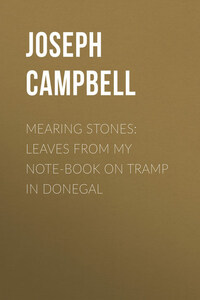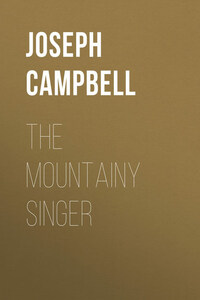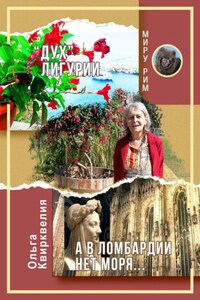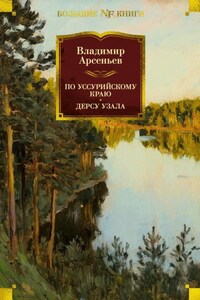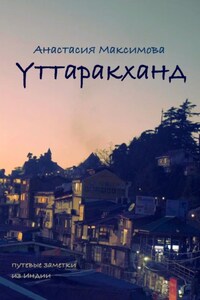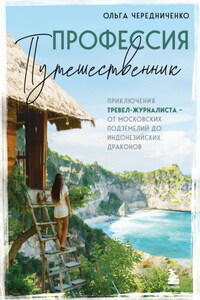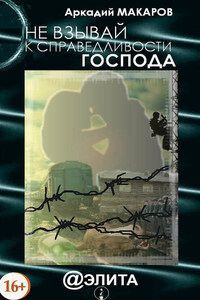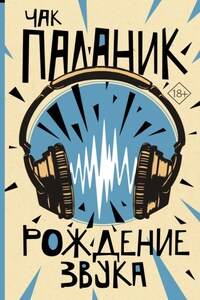“In the mountains,” says Nietzsche, “the shortest way is from summit to summit.” That is the way I covered Donegal. Instead of descending into the valleys (a tedious and destroying process at all times), I crossed, like the king of the fairies, on a bridge of wonder:
With a bridge of white mist
Columcille he crosses,
On his stately journeys
From Slieve League to Rosses.
What seems in places in this book a fathomless madhm is in reality bridged over with wonder – dark to the senses here and there, I grant you, but steady and treadable in proportion to the amount of vision one brings to the passage of it. All, I know, will not follow me (the fairies withhold knowledge from the many and bestow it on the few), but if blame is to be given let the fairies get it, and not me. And I may as well warn the reader here that it is unlucky to curse the fairies. Rosses is but a storm’s cry, and – the curse always comes home to roost!
With regard to the pictures illustrating the book, several people who have seen them in the original have criticised their darkness, as if they were all drawn “in twilight and eclipse.” But the darkness of Donegal was the first thing that struck me when I crossed the frontier at Lifford, and the forty miles’ journey through the hills to Ardara bit the impression still more deeply into me. And if I were asked now after a year’s exile what I remember most vividly of the county, I should say its gloom. I can see nothing now but a wilderness of black hills, with black shadows chasing one another over them, a gleam of water here and there, and just the tiniest little patch of sunlight – extraordinarily brilliant by contrast with the general darkness – on half a field, say, with its mearing-stones, to relieve the sense of tragedy that one feels on looking at the landscape.
Sea-ribbons have I cut, and gathered ling; talked with fairies; heard Lia Fail moaning in the centre, and seen Tonn Tuaidh white in the north; slept on hearth-flags odd times, and under bushes other times; passed the mill with the scoop-wheels and the house with the golden door; following the roads – the heart always hot in me, the lights on the hills always beckoning me on!
We were talking together the other morning – the publican and myself – outside the inn door at Barra, when a dark woman passed. “God look to that poor creature,” says he; “she hasn’t as much on her as would stuff a crutch.” “Stuff a what?” says I, for I didn’t quite understand him. “The bolster of a crutch,” says he. “And she knows nobody. Her eye-strings is broke.”
A waste of blown sand. The Atlantic breakers white upon its extremest verge. A patch of sea-bog before, exhaling its own peculiar fragrance – part fibre, part earth, part salt. Ricks of black turf stacked over it here and there, ready to be creeled inland against the winter firing. The dark green bulk of Slieve a-Tooey rising like a wall behind, a wisp of cloud lying lightly upon its carn. The village of Maghery, a mere clachan of unmortared stone and rain-beaten straw, huddling at its foot. A shepherd’s whistle, a cry in torrential Gaelic, or the bleat of a sheep coming from it now and again, only to accentuate the elemental quiet and wonder of the place. The defile of Maum opening beyond, scarped and precipitous, barely wide enough to hold the road and bog-stream that tumble through it to the sea. The rainbow air of our western seaboard enfolding all, heavy with rain and the fragrance of salt and peat fires.
Coaching by the stars, night-walking – all my best thoughts, I find, come to me that way. Poetry, like devilry, loves darkness.
I was watching a rainbow this afternoon – a shimmering ring in the sky between the fort at the mouth of the Owentocker river and Slieve a-Tooey beyond. “That’s a beautiful sight, now,” said a beggar, stopping on the road to have a word with me – the sort of person one meets everywhere in Ireland, friendly, garrulous, inquisitive, very proud of his knowledge of half-secret or hidden things, and anxious at all times to air it before strangers. “We do have a power of them this speckled weather.” He looked into the sky with a queer look, then started humming over the names of the colours to himself in Irish. “And they say, sir, it’s unlucky to pass through a rainbow. Did you ever hear that?”
My heart goes out to the playing and singing folk, the folk who are forever on the roads. Life is change; and to be seeing new wonders every day – the thrown sea, the silver rush of the meadow, the lights in distant towns – is to be living, and not merely existing. I pity the man who is content to stay always in the place where his mother dropped him; that is, unless his thoughts wander. For one might sit on a midden and dream stars!
A man hailed me on the road, and we were talking… “If one had nothing but fraochans to eat and water to drink, sure one would have to be satisfied. And remember,” says he, “that a prophet lived on as little.” “Who was that?” says I. “John the Baptist,” says he. “You’ll read that in the books.”
